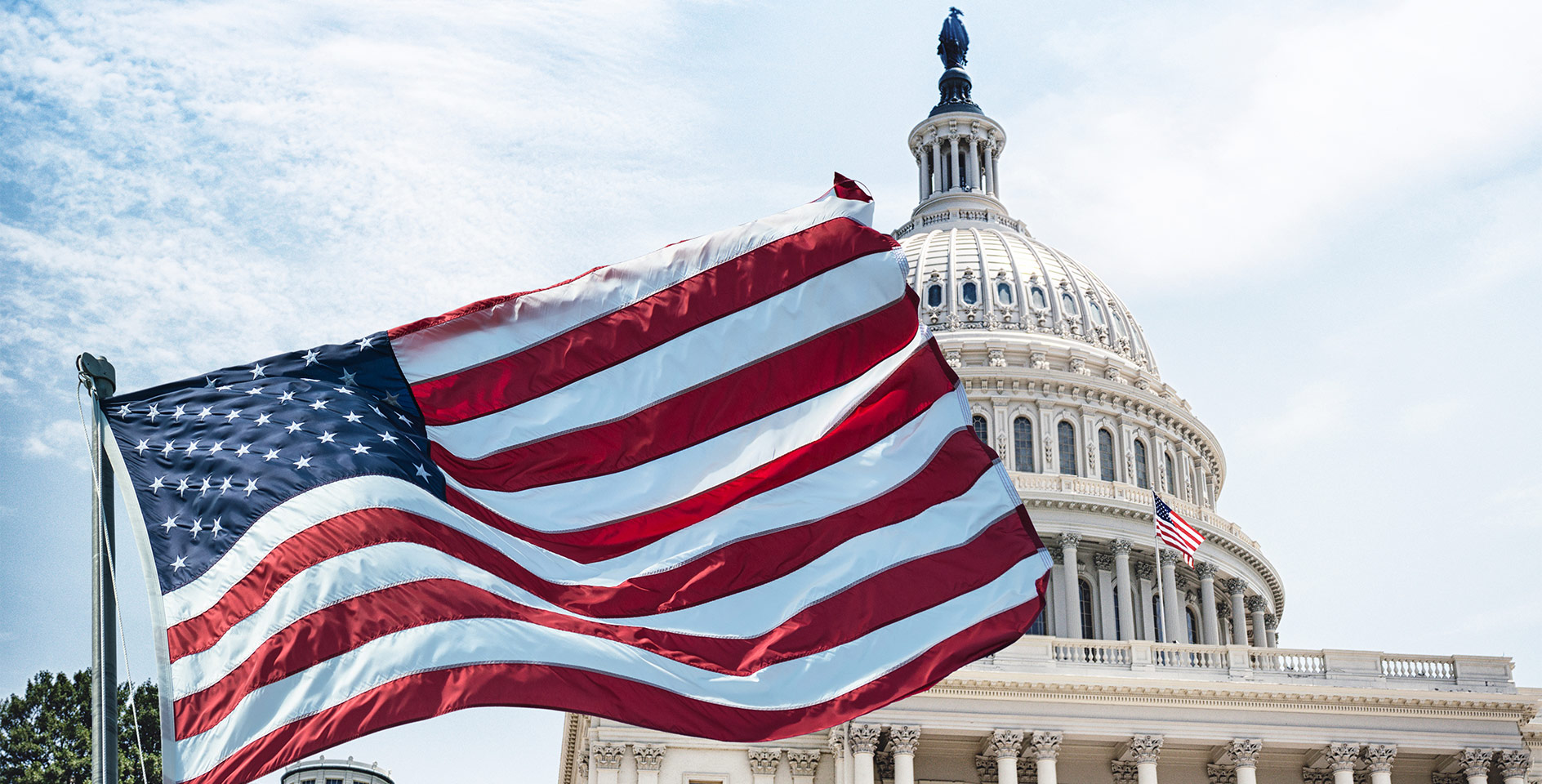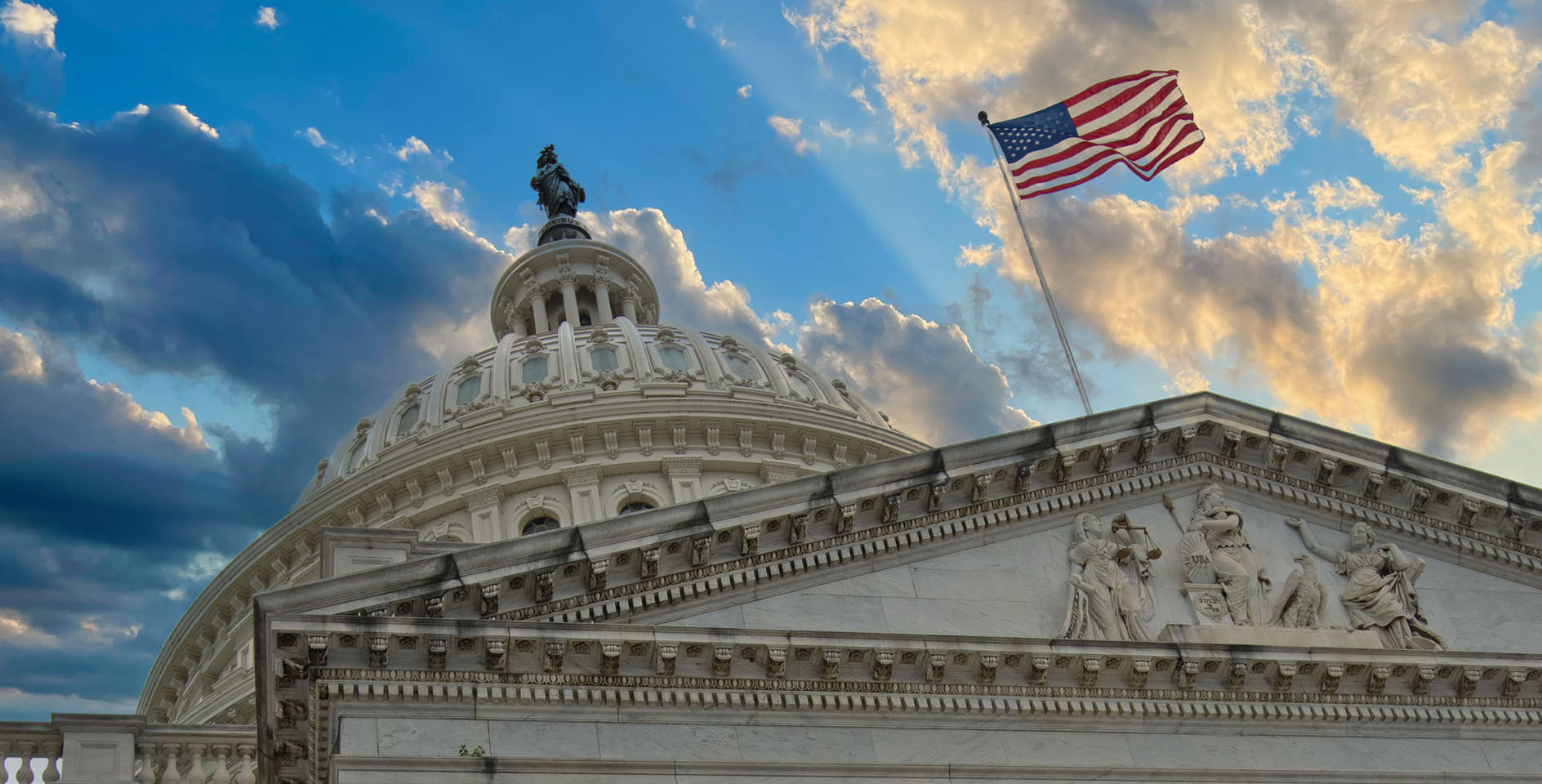Pastors and political engagement—sound like an oxymoron? For many pastors, yes. They feel that politics is divisive and distracting from gospel ministry. For others, political engagement is an essential part of loving their neighbor and seeking the good of their city. And for some, political engagement is a bewildering conundrum of laws that is best avoided.
Regardless of where you fall on this spectrum, every pastor is called to help his congregation think biblically about all aspects of life: including current cultural issues. The media, pop culture and political pundits relentlessly bombard your people with messages untethered from a Christian worldview. But you have the privilege of both helping your congregation filter those messages, and discipling your congregation in the practical theology of Christian living at the intersection of faith and politics. What that looks like in your community and congregational context is a pastoral decision only you can make. But you shouldn’t have to worry about the legal boundaries, too.
The law in this area can be confusing and feel treacherous. As our country continues to march steadily toward the November election, we at Alliance Defending Freedom field a steady stream of questions about the laws and IRS guidance governing church political engagement. Can pastors discuss current cultural issues? Can they allow parishoners to distribute voter guides? Can they talk about the candidates? And what about tax-exempt status?
Alliance Defending Freedom developed a new legal guide to help answer these questions. Pastors, Churches, and Politics: A Legal Guide for Ministries on Political Engagement is designed to help you, pastor, navigate the legal intersection of faith and politics with confidence. We’re not here to recommend how or to what degree you engage with the political sphere: Alliance Defending Freedom is here simply to help you navigate the legal pitfalls and protect your ministry with confidence.
Here are brief answers to the top three questions we receive from concerned pastors each election season:
1. Can I discuss political issues?
Yes. Pastors have complete freedom to discuss public, social and moral issues—even from the pulpit.
2. Can I distribute voter guides?
Yes. Churches are allowed to distribute voter guides, whether created by the church or prepared by other organizations. But there are a few parameters to keep in mind. When distributing a voter guide, the church needs to ensure that the guide is neutral and unbiased. For example, the voter guide should include all candidates for a particular office, include a wide range of issues and not show a preference for a particular candidate, issue or viewpoint. Overall, the voter guide should be informative, not argumentative.
3. Can I discuss candidates?
It depends. In your personal capacity (not your capacity as a church leader), you enjoy the same freedoms as every other American. You can talk about, and even endorse or oppose candidates if you feel so inclined.
But in your official capacity as a church representative, whether from the pulpit or at any other official church gathering, the law requires more circumspection. Pastors can still discuss candidates’ positions on various issues, as long as the discussion is neutral and does not support or oppose a particular candidate. But current law requires pastors and churches to refrain from any action that might be perceived as supporting or opposing a candidate for political office. Do note that this restriction only applies to candidates: it does not apply to current government officials who are not candidates at the time.
ADF’s new resource Pastors, Churches, and Politics will help with these questions, and more. But it isn’t just about elections. The resource also debunks popular myths about church 501(c)(3) status, answers your questions about inviting public officials to church events and provides guidelines for talking with your elected officials about the issues that matter to you most.
This free legal guide is available for download at ADFlegal.org/PoliticalGuide. Please know that you can always call ADF to have an attorney review your specific legal questions in this area. We never charge for our services because we want to equip the body of Christ for effective ministry.
Alliance Defending Freedom exists to serve you and your church. Pastors deal with uncertainty in many areas of pastoral ministry, but the legal parameters surrounding political engagement, elections and tax codes should not be one of them. That’s why we’re here.










